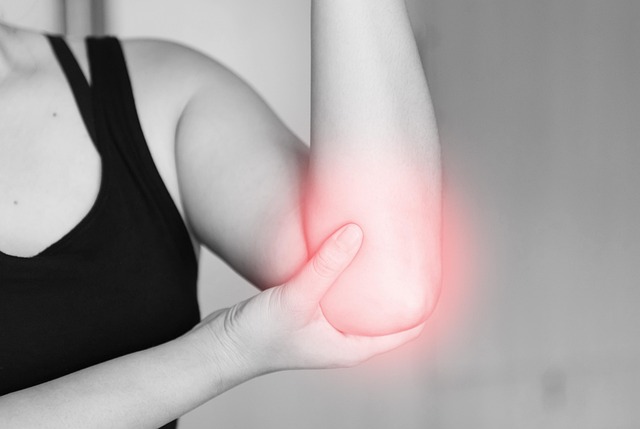In personal injury cases, especially medical malpractice claims, the goal is to hold healthcare providers accountable for negligence through breach of fiduciary duty. Key elements include establishing a doctor-patient relationship, proving negligent actions or inactions, and showing resulting harm. Expert testimony defines the standard of care expected. Gathering crucial evidence within the statute of limitations and engaging an experienced lawyer are vital steps. Legal counsel ensures compliance with regulations, facilitating claims from filing to resolution, seeking justice for negligence victims.
Are you considering filing a personal injury case for medical malpractice? It’s crucial to understand the process and key elements required to prove a valid claim. This comprehensive guide delves into the intricacies of personal injury cases, focusing on medical malpractice. We explore the essential steps, from identifying key elements like negligence and causation, to navigating the legal process and understanding available resources. Equip yourself with knowledge to foster an effective strategy for your personal injury case.
- Understanding Personal Injury Case for Medical Malpractice Claims
- Key Elements in Proving a Valid Medical Malpractice Suit
- Navigating the Legal Process and Resources Available
Understanding Personal Injury Case for Medical Malpractice Claims

When it comes to understanding personal injury cases focused on medical malpractice claims, it’s crucial to grasp that these legal actions aim to hold healthcare providers accountable for their negligence. Such negligence can result from various scenarios, including misdiagnosis, improper treatment, or failure to obtain informed consent. A personal injury case in this context involves a client who has suffered harm due to the substandard care provided by a medical professional. This harm could range from physical injuries to emotional distress, with the latter also being compensable under certain circumstances.
In navigating these claims, it’s essential to recognize that successful cases often hinge on demonstrating a breach of fiduciary duty and resulting damages. The relationship between patients and healthcare providers is inherently one of trust, with providers owing a duty of care to their patients. When this duty is breached—whether through contract disputes over agreed-upon treatment plans or direct breaches of ethical standards—it can lead to significant consequences for both the patient and the provider. Ultimately, establishing client recovery in these situations not only seeks to compensate victims but also ensures healthcare providers maintain the highest standards of care.
Key Elements in Proving a Valid Medical Malpractice Suit

Proving a valid medical malpractice suit requires a careful consideration of several key elements. Firstly, establishing a doctor-patient relationship is essential; this involves demonstrating that the healthcare provider had a duty of care to the patient. In a personal injury case, it’s crucial to show that this duty was breached through negligent actions or inactions on the part of the medical professional. Evidence of harm or loss suffered by the patient as a direct result of this breach is also critical; this could include physical injuries, emotional distress, or financial losses.
Additionally, the standard of care expected from the healthcare provider must be clearly defined and demonstrated. This often involves expert testimony to explain what constitutes acceptable practice within the specific medical field. In cases involving caregiver negligence or breaches of fiduciary duty, it’s important to show that the doctor acted outside the scope of their professional responsibilities, further reinforcing the claim.
Navigating the Legal Process and Resources Available

Navigating the legal process for a personal injury case, especially when it involves medical malpractice claims, can be complex and daunting. The first step is to gather all relevant information related to the incident. This includes medical records, witness statements, and any evidence that supports your claim. It’s crucial to understand the statute of limitations for filing a personal injury case in your jurisdiction, as missing this deadline could bar your right to seek compensation.
Seeking legal counsel from an experienced auto accident lawyer is essential. They can guide you through the process, explain your rights, and help build a strong case. In product liability cases, where faulty medical devices or equipment are involved, understanding the specific laws and regulations pertaining to these claims is vital. An attorney will ensure that all necessary steps are taken, from filing the claim to negotiating with insurance companies or taking the matter to court, in order to secure justice for auto accident injuries or other medical complications resulting from negligence.
A successful personal injury case for medical malpractice claims requires understanding key elements such as negligence, causation, and damages. By gathering evidence, consulting experts, and adhering to legal procedures, individuals can navigate the complex process effectively. With the right resources and a comprehensive approach, those affected by medical malpractice can seek justice and compensation for their suffering.






